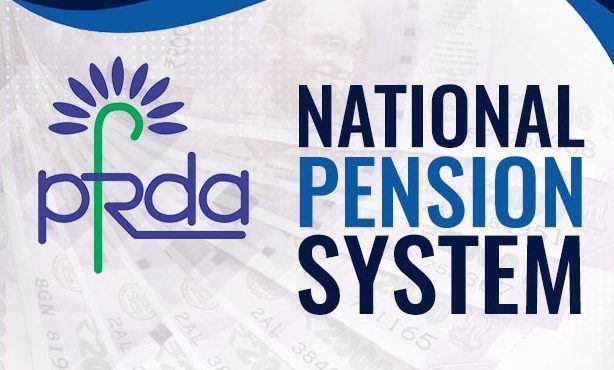HIGHLIGHTS
- Tax experts expect the government to notify the earlier decision to make NPS withdrawal completely tax-free
- PPF and EPF enjoy the zero” tax on contribution, accrual and withdrawal
The Union Cabinet had last year approved an increase in income tax exemption limit for lumpsum withdrawal on exit from National Pension Scheme (NPS), effectively making withdrawal from the pension scheme 100% tax-free. This would have made NPS get the same exempt, exempt and exempt status like EPF (Employee Provident Fund) and PPF (Public Provident Fund). Earlier, NPS only enjoyed exempt, exempt and taxable or EET status, meaning that on withdrawal NPS was partially taxable. But, according to tax experts, this tax benefit for NPS has not yet been notified and they are hoping that the government will implement it in this year’s Budget, set to be presented on Friday.
“Hopefully, the government will include this in Budget, as per the Cabinet announcement made much earlier,” says Archit Gupta, founder and CEO of ClearTax.
Sandeep Sehgal, director of tax and regulatory at Ashok Maheshwary & Associates LLP, says: “The increase in tax exemption limit for NPS lumpsum withdrawal on exit to 60% was approved by the Union Cabinet in its meeting on 6th December,2018 but is yet to be incorporated in the provisions of Income-Tax Act, 1961. It is expected that this exemption would be considered in the coming Budget.”
In the December meeting, the Union Cabinet had approved a proposal increasing income tax exemption limit for lump sum withdrawal on exit from NPS to 60%. This effectively made the entire withdrawal from NPS exempt from income tax. Currently, 40% of the total accumulated corpus utilised for purchase of annuity is already tax exempted. Out of 60% of the accumulated corpus withdrawn by the NPS subscriber at the time of retirement, 40% is tax exempt and balance 20% is taxable.
EPF enjoys the “EEE” regime, which translates as “zero” tax on contribution, accrual and withdrawal. So when NPS is compared with other alternatives that a taxpayer has, clearly there is a need to realign NPS to a more tax-friendly mode, says Saraswathi Kasturirangan, partner at Deloitte India.
ClearTax’s Archit Gupta also says that one of the ways to popularize NPS is to increase tax deduction limit under Section 80CCD(1B), from the current ₹50,000 limit. “NPS is an excellent product in many ways and we hope the government will continue to reform and popularise it. One way could be to increase the ₹50,000 deduction under Section 80CCD(1B) to ₹1 lakh.”


